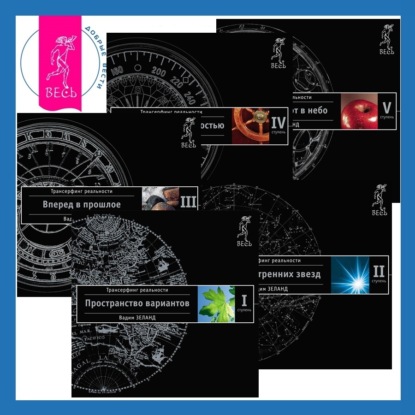Personal impurity caused by childbirth, menstrual blood or death is an issue of concern prevalent in many cultures. In Japan, the generic term for these kinds of impurities is kegare and death impurity, a sub-type of kegare, is known as shi-e. The major topic of this book is death impurity. The definition and genesis of shi-e are explained. In addition, details of the influence shi-e had on ancient Japanese society as well as its continuing influence on modern Japanese society are given. Three hypotheses are stated and supported: (1) the shi-e concept began in Japan during the Yayoi period (300 BC - 300 AD) rather than at a later date as previously hypothesized; (2) the basis for the aversion to dead bodies, i.e. shi-e, is that corpses remind people of the fact that they will soon die; (3) Buddhism and Shintoism merged in Japan because of the impact of shi-e on Shintoism. This book concludes with some comments on the relevance of knowledge of the death impurity for students of Japanese history, culture and society. Это и многое другое вы найдете в книге Impurity and Death (Chikara Abe)
Impurity and Death Chikara Abe (книга)
Подробная информация о книге «Impurity and Death Chikara Abe». Сайт не предоставляет возможности читать онлайн или скачать бесплатно книгу «Impurity and Death Chikara Abe»















